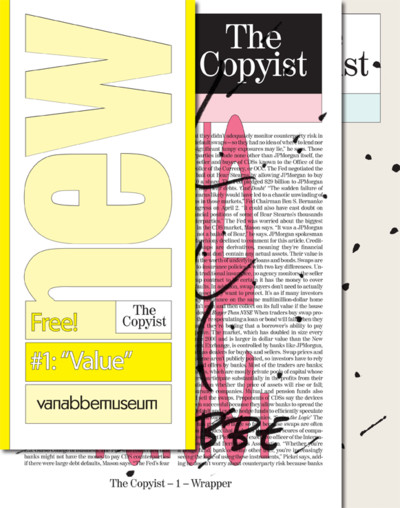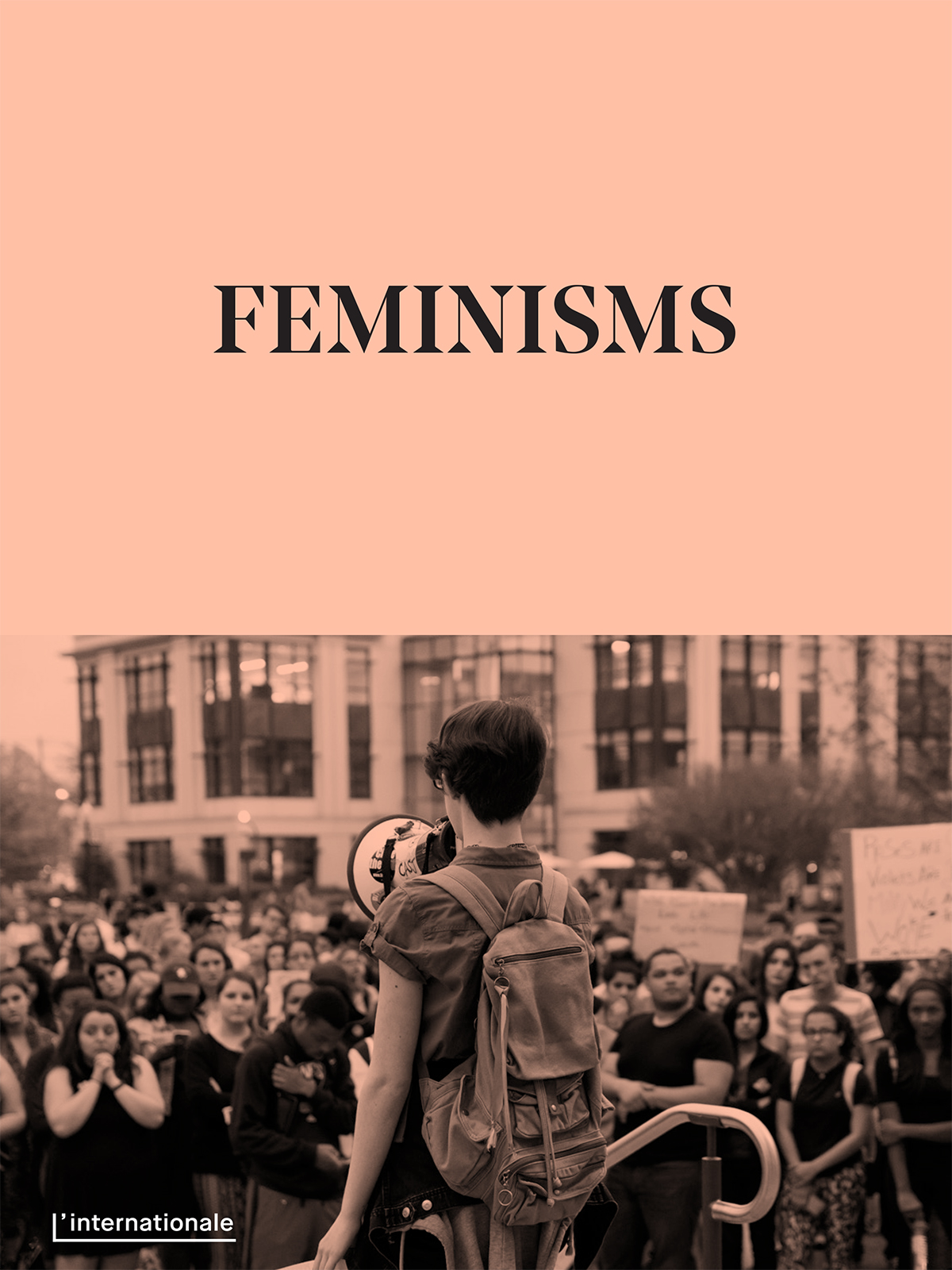10,000 Francs Reward: The Contemporary Art Museum, Dead or Alive (2009)
Filed under book | Tags: · contemporary art, museology, museum

“What is the museum’s role? What should be its functions and activities in today’s society? What other operational and organizational models could be proposed to help overcome the modernist position by which the museum, as a repository of artistic essences, can make a universal reality visible in an immanent way? To debate these questions, the Association of Contemporary Art Directors of Spain – ADACE – constituted as a forum for reflection and debate, held in Baeza a conference in which those responsible for Spain’s museums reflected, together with their foreign colleagues, as well as artists and thinkers, on these matters in an idea-sharing session. The results of this meeting are published in this book.”
Interventions by Manuel Asensi, Mieke Bal, John Beverley, Manuel Borja-Villel, Benjamin Buchloh, Gustavo Buntinx, Jean-François Chevrier, Nuria Enguita Mayo, Javier González de Durana, Beatriz Herráez, Paulo Herkenhoff, Martin Jay, Ana Longoni, Ute Meta Bauer, Simón Marchán, Antoni Muntadas, Juan de Nieves, Martha Rosler, Suely Rolnik, Yolanda Romero, René Schérer, Allan Sekula, Teresa Velázquez, and Santos Zunzunegui.
Edited by Cesar Antonio Molina, Manuel Borja-Villel, Yolanda Romero, et al.
Publisher ADACE (Asociación de Directores de Arte Contemporáneo de España), 2009
ISBN 9788479930745, 8479930748
251 pages
The Copyist, 1: Value; The Exorcist, 2: Negotiation (2010-2011)
Filed under magazine | Tags: · art, collecting, museum

“In its 18-month Play Van Abbe programme, the Van Abbemuseum embarked on an exploration into what the museum of the 21st century might be. During this time, the Van Abbemuseum aimed to destabilise the idea of a ‘permanent collection’, activating its dynamism via a series of interruptions, outside interpretations and inside re-presentations.
The Copyist – a title referring to both the act of transcribing certain events in real time but also the duplication of already published material – mimics the outside/inside tension of the Play programme. Using a dual structure of core and wrapper, the journal invited curators, artists, activists, researchers and writers to contribute a constellation of ideas at the core of Play Van Abbe.”
“The Exorcist zooms in on the issue of ‘negotiation’. Today we seem caught in more, geographically and technologically complex forms of negotiation. Next to this there seems an almost unprecedented faith in the virtue of inclusion and communication. The magazine opens with texts reflecting on the ‘failed’ experiment ‘Backbench’, part of the last edition of Manifesta. Furthermore texts of and interviews with Dorothea Seebode (Philips Research), Markus Miessen, Simon Marschall and Chora Architects, offer a rich panorama of thoughts that deal with issues from production to politics and technology, to the use of maps in process of negotiation.”
Edited by Diana Franssen (1), Annie Fletcher, Metahaven, Clare Butcher, Steven ten Thije, and Christiane Berndes
Publisher Van Abbemuseum, Eindhoven, 2010-2011
ISSN 2210-2604 (1), 2211-7679 (2)
47 pages each
Publisher (no. 1)
Publisher (no. 2)
The Copyist, 1: Value (7 MB)
The Exorcist, 2: Negotiation (4 MB)
L’Internationale (ed.): Feminisms (2018)
Filed under book | Tags: · feminism, museum, women

“The importance of women’s rights have sprung up in movements across the globe in the past few years, exacerbated by increasing social, environmental, technological and political polarities.
This publication examines how women, or those who identify as female have been addressing not only inequalities – in reproductive rights, sexual rights, and in the right to equal pay – but also how plural feminisms have been and are being consistently re-thought, and how art museums can work with and respond to issues surrounding women’s rights.
Feminisms play a crucial role in what L’Internationale does – not only as a way to live and work with women, but as a framework for continually re-assessing the institution’s position for its publics. What is prevalent in this publication is a need to ask how we deal with emotion – not only as individuals, but as institutions and within bureaucracies. We hope that this publication can serve to raise discussions and to develop institutional practices that take into account our different publics, through a feminist lens.”
With texts by Sarah Werkmeister, María Eugenia Rodríguez Palop, Ewa Majewska, Nataša Petrešin-Bachelez, María Pia López, Sarp Özer, Mojca Kumerdej, Yayo Herrero, Fatma Arikoglu, Sarah Browne, The Otolith Group and Annie Fletcher.
Publisher L’Internationale Online, 2018
Creative Commons BY-NC-SA License
ISBN 9789491564079
186 pages

